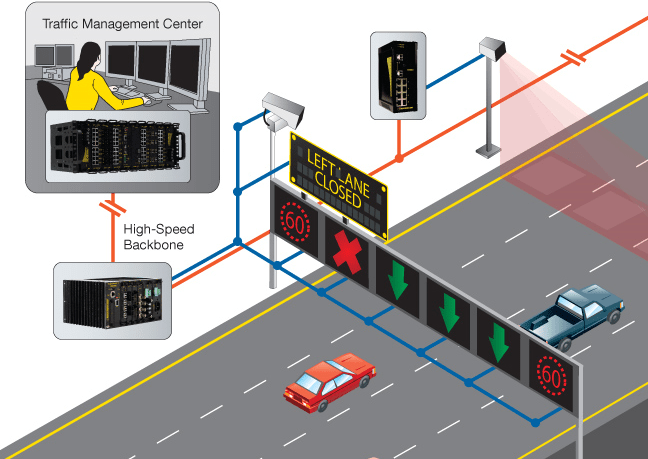Refrigerator transport plays a crucial role in ensuring the safe and efficient transportation of perishable goods. From farm to table, maintaining the freshness and quality of temperature-sensitive products is of utmost importance. In this article, we will delve into the intricacies of refrigerator transport, exploring its significance, challenges, and best practices.
- The Importance of Refrigerator Transport:
Refrigerator transport is essential for preserving the freshness, taste, and nutritional value of perishable goods. Whether it's fresh produce, dairy products, or pharmaceuticals, maintaining the appropriate temperature throughout the transportation process is vital. This ensures that consumers receive products that meet the highest quality standards. - Challenges in Refrigerator Transport:
Transporting goods at controlled temperatures presents several challenges. One of the primary challenges is maintaining a consistent temperature throughout the journey, especially during long-distance transportation. Factors such as external weather conditions, loading and unloading processes, and equipment malfunctions can all impact the temperature integrity. Overcoming these challenges requires careful planning, advanced technology, and skilled professionals. - Best Practices for Refrigerator Transport:
To ensure the successful transportation of perishable goods, certain best practices should be followed:
a. Proper Pre-Trip Planning: Thoroughly assessing the transportation requirements, including temperature specifications, route planning, and estimated travel time, is crucial. This helps in selecting the appropriate refrigeration equipment and ensuring a seamless journey.
b. Temperature Monitoring Systems: Utilizing advanced temperature monitoring systems is essential for real-time tracking and maintaining the desired temperature range. These systems provide alerts and notifications in case of any deviations, allowing for immediate corrective actions.
c. Proper Loading and Securing: Proper loading techniques, including proper stacking and securing of goods, are essential to prevent damage during transit. This ensures that the products remain intact and maintain their quality.
d. Regular Maintenance and Calibration: Regular maintenance and calibration of refrigeration equipment are necessary to ensure optimal performance. This includes checking for any leaks, inspecting insulation, and verifying temperature accuracy.
e. Trained Professionals: Having well-trained and experienced personnel handling the transportation process is crucial. They should be knowledgeable about temperature control, emergency procedures, and handling perishable goods.
Conclusion:
Refrigerator transport is a critical component of the supply chain for perishable goods. By adhering to best practices and utilizing advanced technology, we can ensure that products reach their destination with their freshness and quality intact. From farm to table, refrigerator transport plays a vital role in delivering safe and high-quality products to consumers worldwide.



